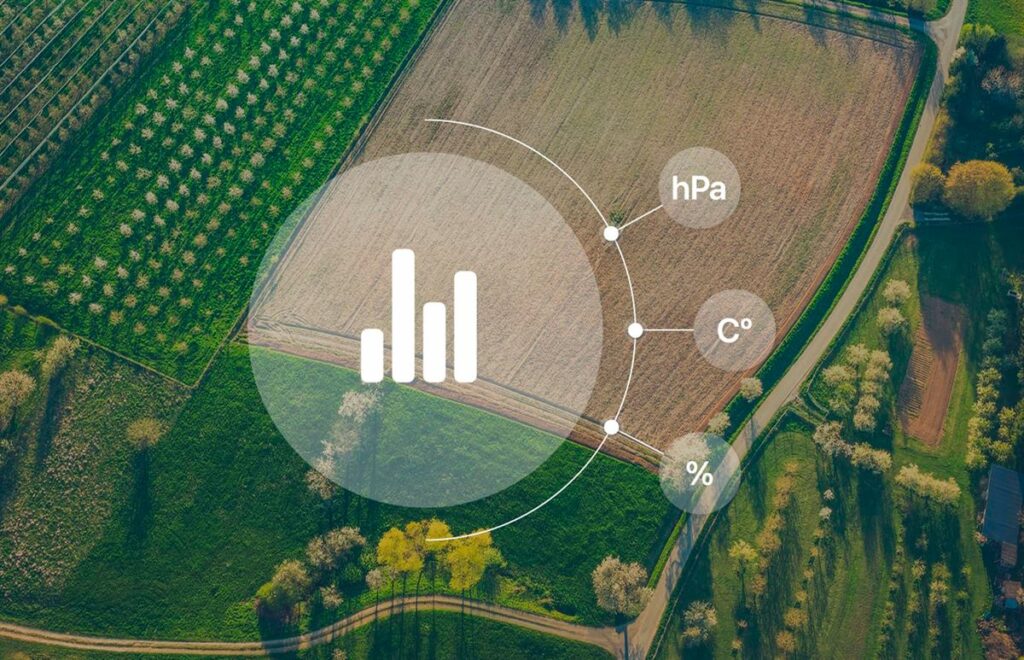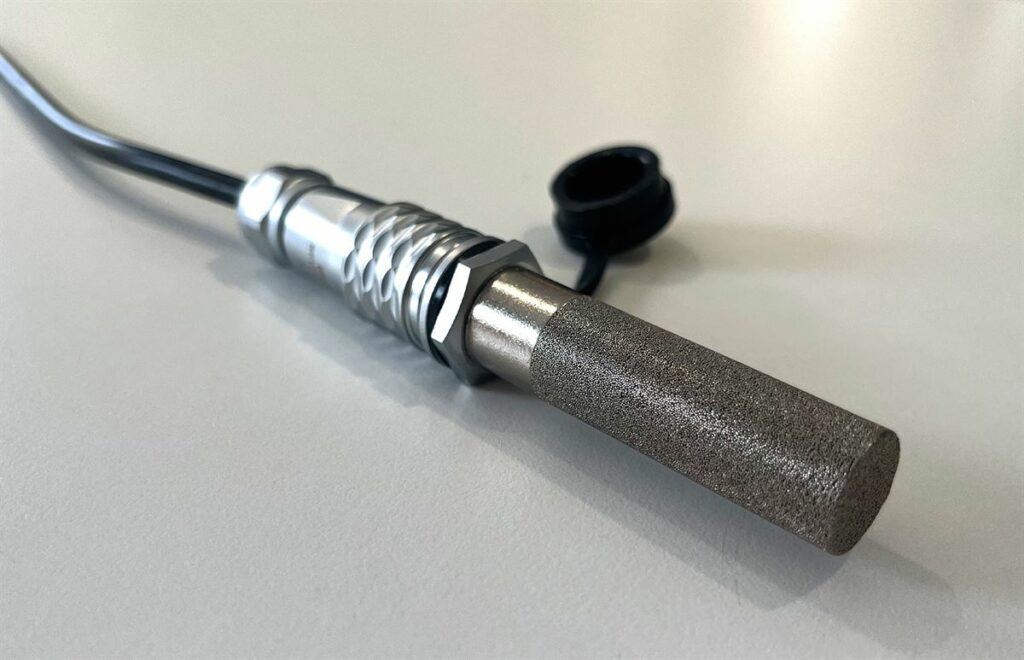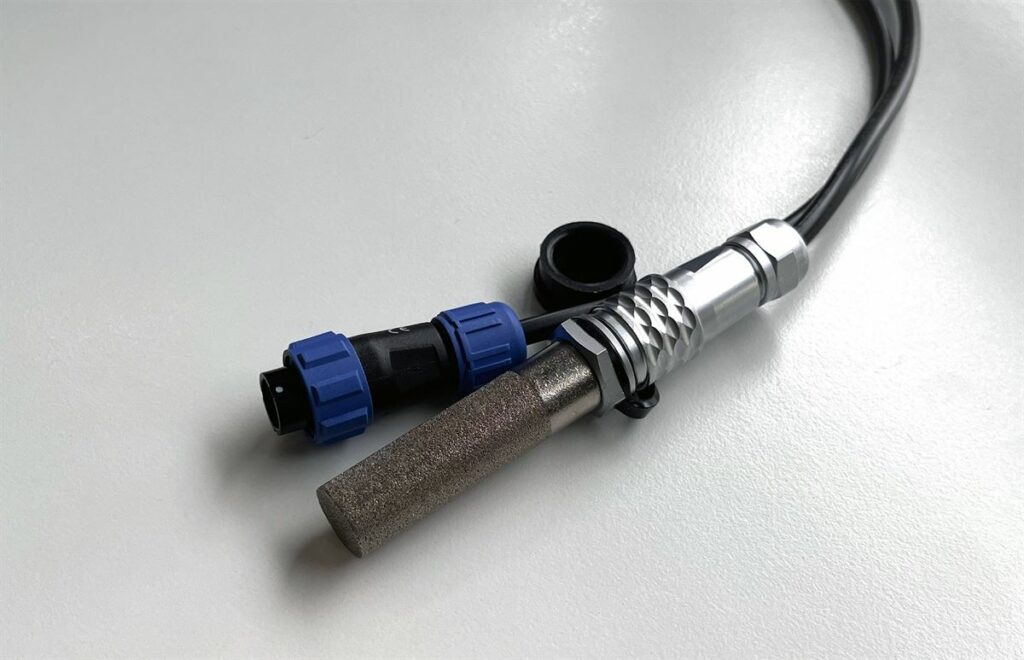Project MicroIDD HTP
File
2022
Agriculture
Encore Lab
Microcontrollers, protocols I2C/SPI
Project description
The main objective of the project is the development of a low-cost, low-power temperature, humidity and atmospheric pressure sensor adapted to the needs of agriculture 4.0 and IoT standards.
It may be connected to the cesens and cesens mini dataloggers, although its use by third parties is also permitted.


Reply from Encore-Lab
The system will be structured in several functional blocks.
On the one hand, there will be the measurement module consisting of semiconductors that will measure and send each of the target metrics.
Communicationswill be via a bus using one of the standards commonly used in IoT solutions: I2C or SPI protocols. In addition to the protocol at the physical level, the logical protocol between the measurement chips and an external microcontroller will be necessary: general operating mode, frames, sending frequencies, etc.
On the other hand, in order to provide robustness and flexibility to the sensor communications, two stages of conversion and stabilisation of voltage logic levels at the input and output of the communications bus will be included.
Another fundamental aspect will be the development of the sensor enclosure. The sensors will be located outdoors, usually in representative areas of the farms to be monitored.
This means that they are subjected to extreme environmental conditions: rain, frost, hail, strong winds… and, on the other hand, to human action in terms of agricultural management: blows, application of pesticides with agricultural machinery… It is therefore necessary to design a rugged enclosure with sufficient IP protection to withstand all these conditions.
Results
There are virtually no humidity, temperature and pressure sensors using IoT standards developed for Agriculture 4.0.
Thus, the lack of temperature, humidity and pressure sensors adapted to the needs of agriculture 4.0 in terms of cost, power consumption and external protection provides an important opportunity for Encore Lab and its flagship product Cesens.
The main innovations brought by the product are:
- Low power consumption. Use of I2C protocols for communications and 3V supply voltages.
- Protection against chemicals such as pesticides. Design of a mechanical housing that allows air permeability for correct humidity measurement, but does not allow liquids to pass through. In addition, the casing shall prevent the permeability from deteriorating with the application of pesticides as well as the degradation of materials.
- Flexibility of logic levels. For marketing to other platforms, beyond its integration in Cesens.
- Integration of Temperature, Atmospheric Pressure and Ambient Humidity.
- Use of hydrophobic filters to avoid saturation of the ambient humidity sensor.

